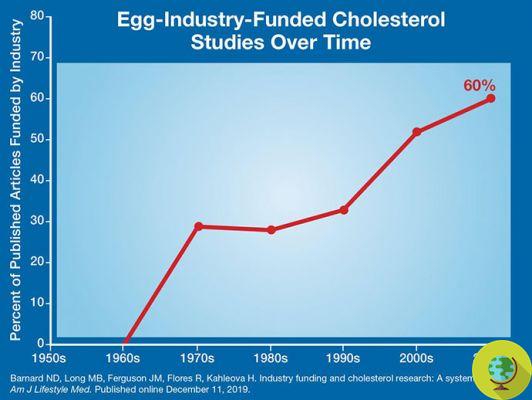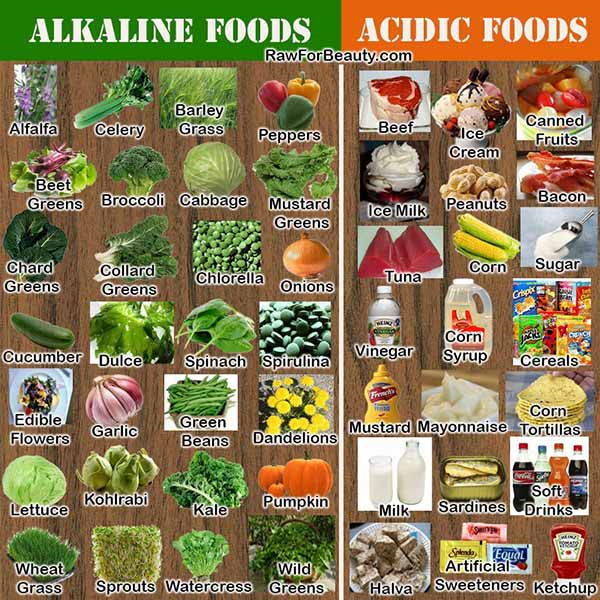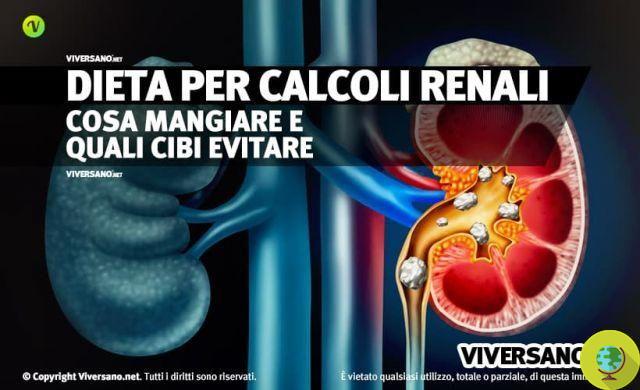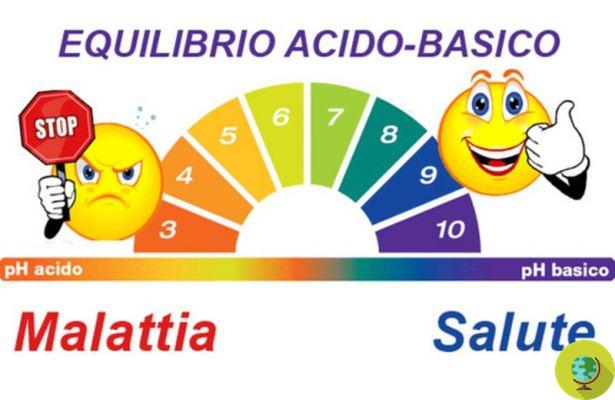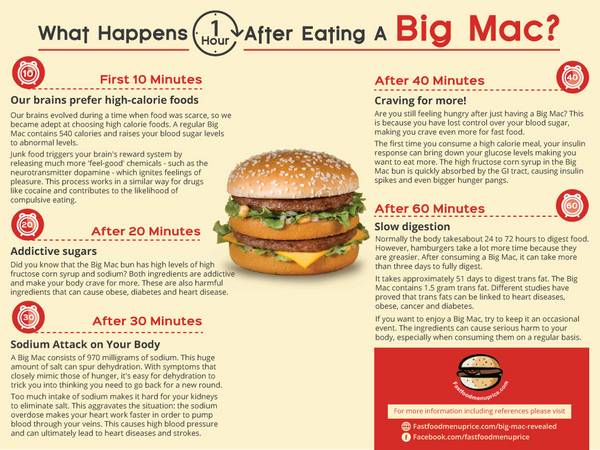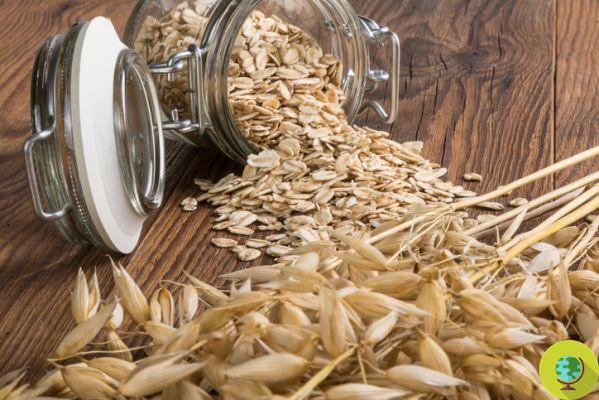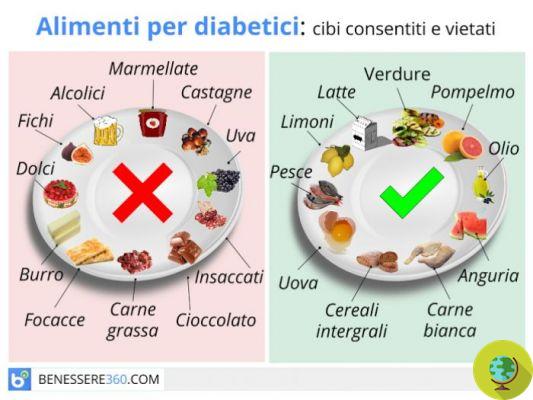
A high intake of refined grains is associated with a higher risk of heart disease than consuming whole grains.
Don't store avocado like this: it's dangerousA high intake of highly refined grains, such as 00 flour or white bread (not to mention Manitoba flour ...), is associated with a higher risk of heart disease and premature death than consuming whole grains. Refined cereals actually represent about 50% of the daily caloric intake worldwide (a share that in some poorer countries, especially Asiatic and African, reaches 70%), but what impact they have on cardiovascular health and life span ?
Read also: How to reduce and replace refined white flour
The answer comes from researchers from various international universities, who analyzed the data of over 137 people aged between 35 and 70, residing in 21 countries at various levels of development on five continents. All had taken part in the large international Prospective Urban and Rural Epidemiological (PURE) Study.
Read also: 10 alternative cereals to wheat to vary your diet
According to findings published in the British Medical Journal, higher intake of refined grains is associated with a higher risk of mortality and a higher number of cardiovascular events. In contrast, whole grains tend to be richer in dietary fiber and essential fatty acids and are therefore more heart-friendly.
A systematic review
Scholars have divided consumption into three orders: refined cereals, whole grains and white rice. After evaluating the health of the participants and the incidence of heart attacks, strokes, severe heart disease and deaths for an average of 9 and a half years, they found that those who eat more refined cereals, that is 350 grams per day, equal to seven servings from 50 grams, has a 27% higher risk of death from cardiovascular diseases than those who consume less (i.e. less than 50 grams per day), and a 33% risk of developing the same diseases.
Specifically, the analyzes were based on 137.130 participants and during the follow-up, 9,2% of these participants had a composite outcome event. The highest category of refined grain intake (≥350g per day or approximately 7 servings per day) was associated with a higher risk of overall mortality (hazard ratio 1,27, 95% confidence interval of 1,11, 1,46 at 0,004; P for trend = 1,33), major cardiovascular disease events (1,16, 1,52-0,001; P for trend <1,28) and their composite (1,15, 1,42-0,001 , 50; P for trend <XNUMX) compared to the lowest intake category (<XNUMX g / day). Higher intakes of refined grains were associated with one higher systolic blood pressure, while in any case the authors specify that no significant associations were found between the intake of whole grains or white rice and health outcomes.
Our recommendation ultimately always remains the same: prefer the consumption of whole grains compared to the refined ones, for a thousand and one reasons. Thanks to the large presence of fibers, the intestinal system is more stimulated in its functions and the problem of constipation can be avoided, as well as fibers keep cholesterol and fats at bay (therefore a consumption of whole grains is also recommended for those suffering from hypercholesterolemia). In addition, whole grains guarantee a slow release of sugars and allow you to keep blood sugar at the right levels. Precisely for this reason they are also recommended for those on a diet, they are in fact able to fill more and keep the sense of hunger at bay.
Even at the level of mineral salts, vitamins and amino acids, whole grains are much richer in these substances and therefore offer a good amount of magnesium, phosphorus, potassium, selenium, copper and zinc and vitamins E, K and group B (depending on the various types).
Finally, whole grains, and consequently the flours obtained from them, have a lower Glycemic Index than refined cereals and are therefore also preferred for those who want to contain the glycemic index.
Fonte: British Medical Journal
Read also:
- Eating 30 grams of fiber each day reduces the risk of diabetes and heart attack
- Whole grains and natural fibers to prevent colon cancer








